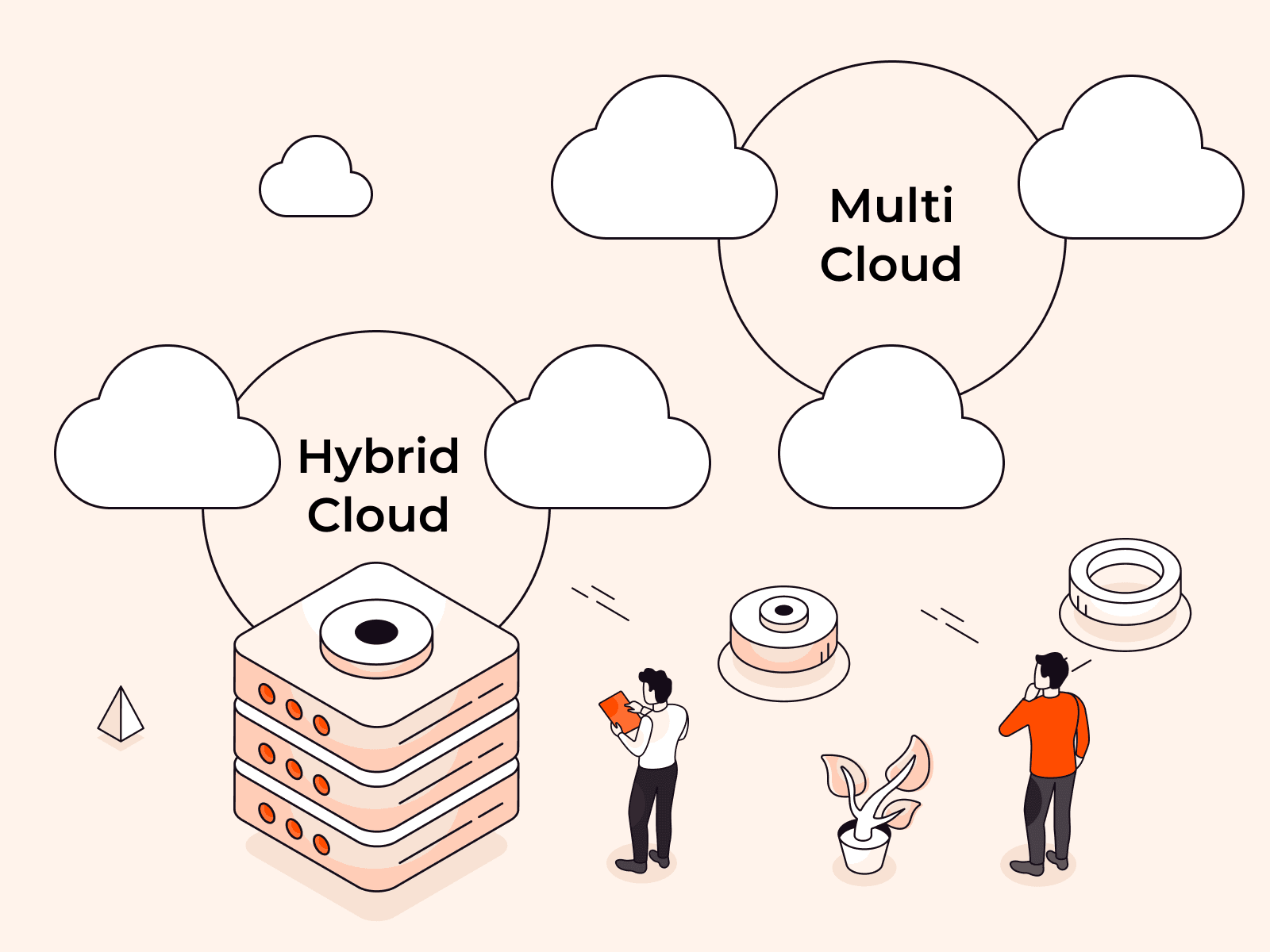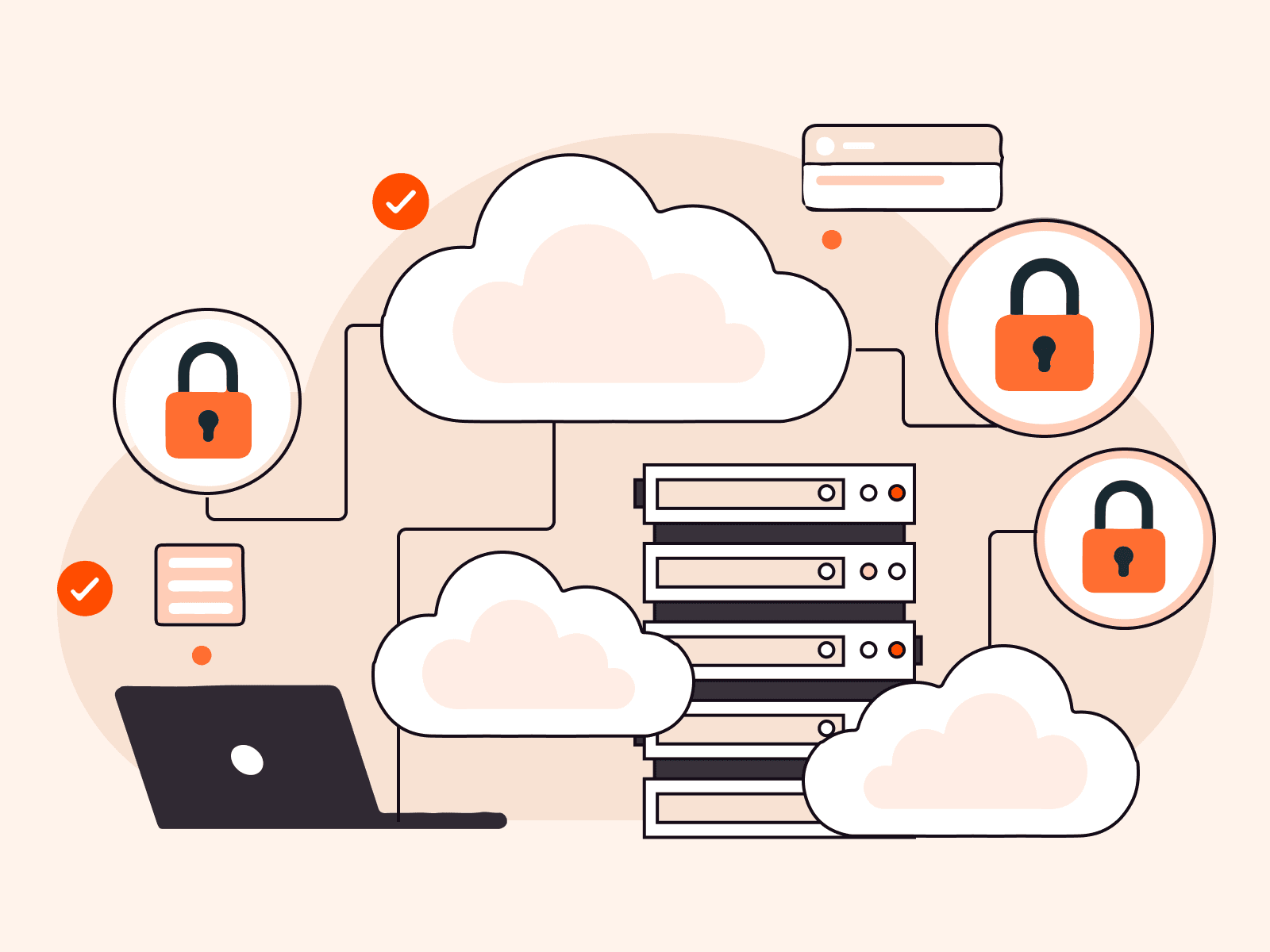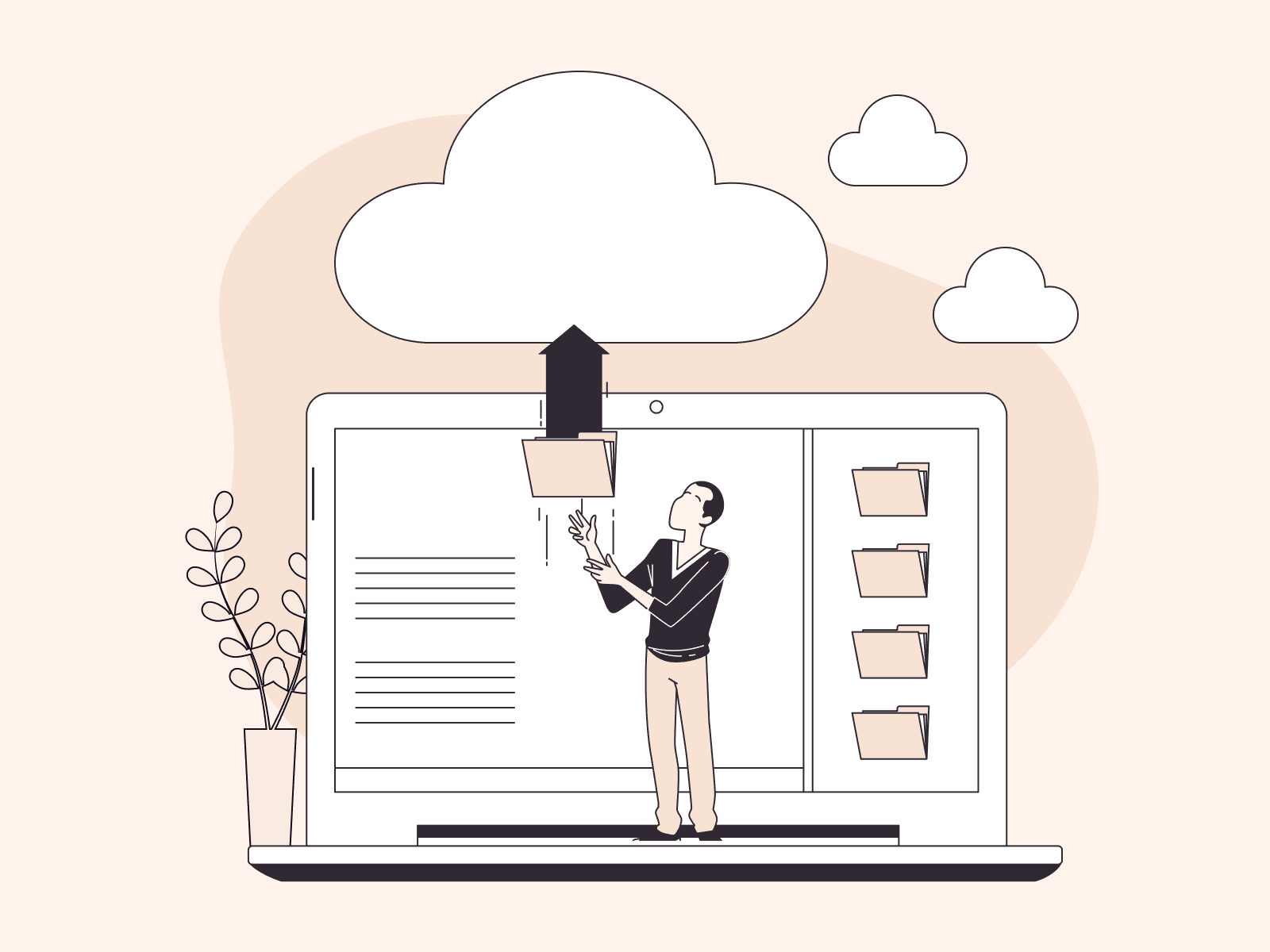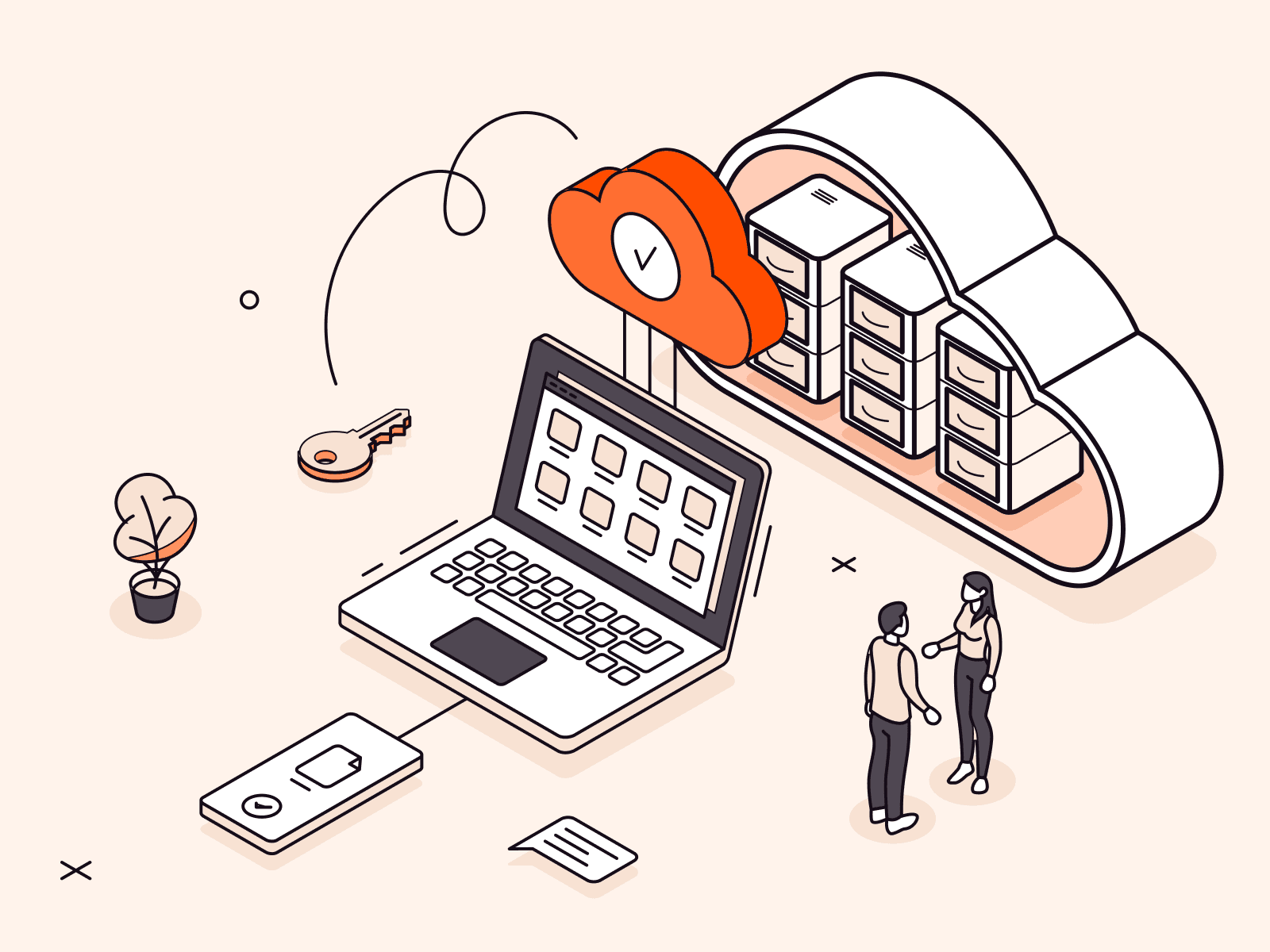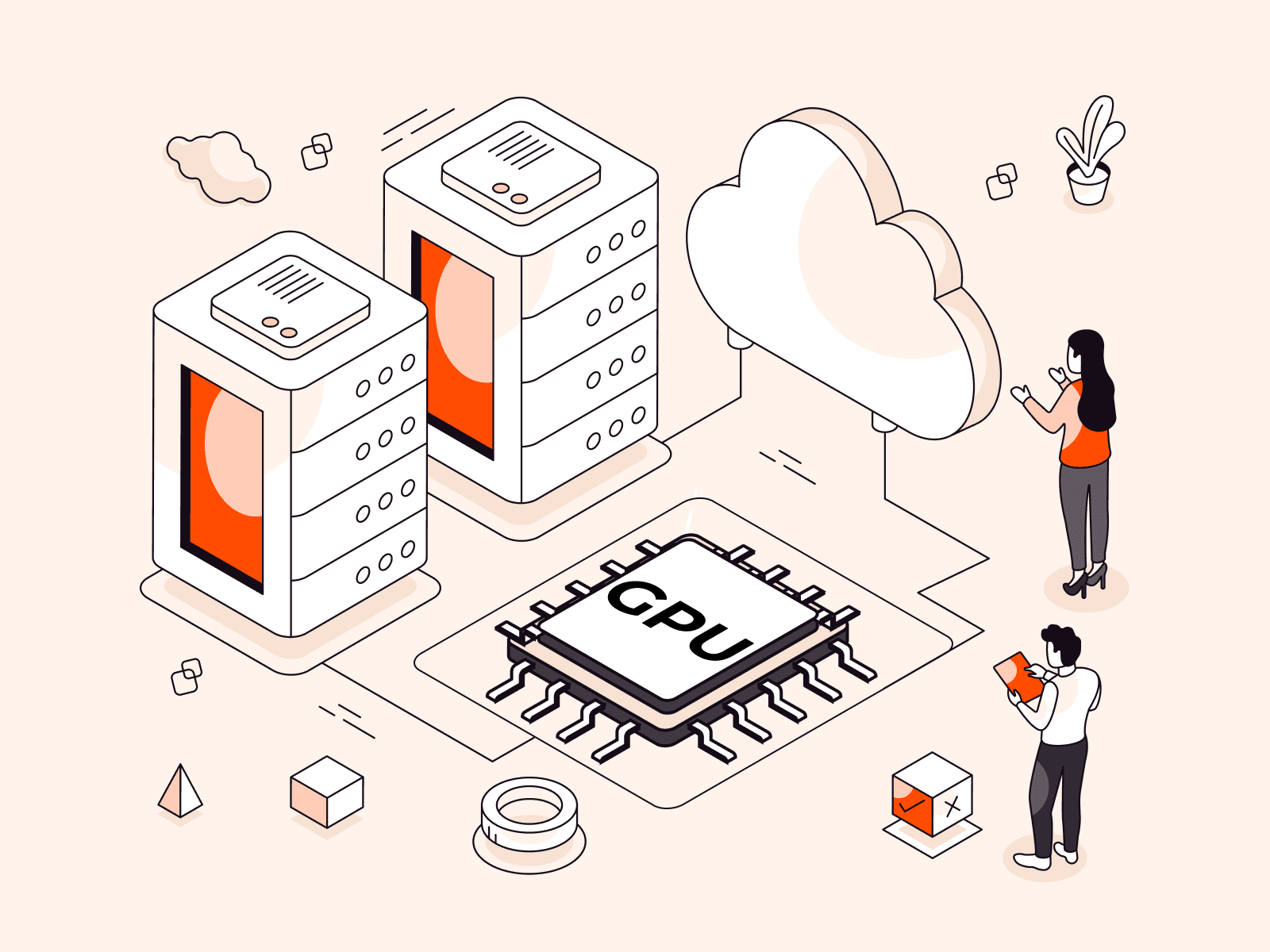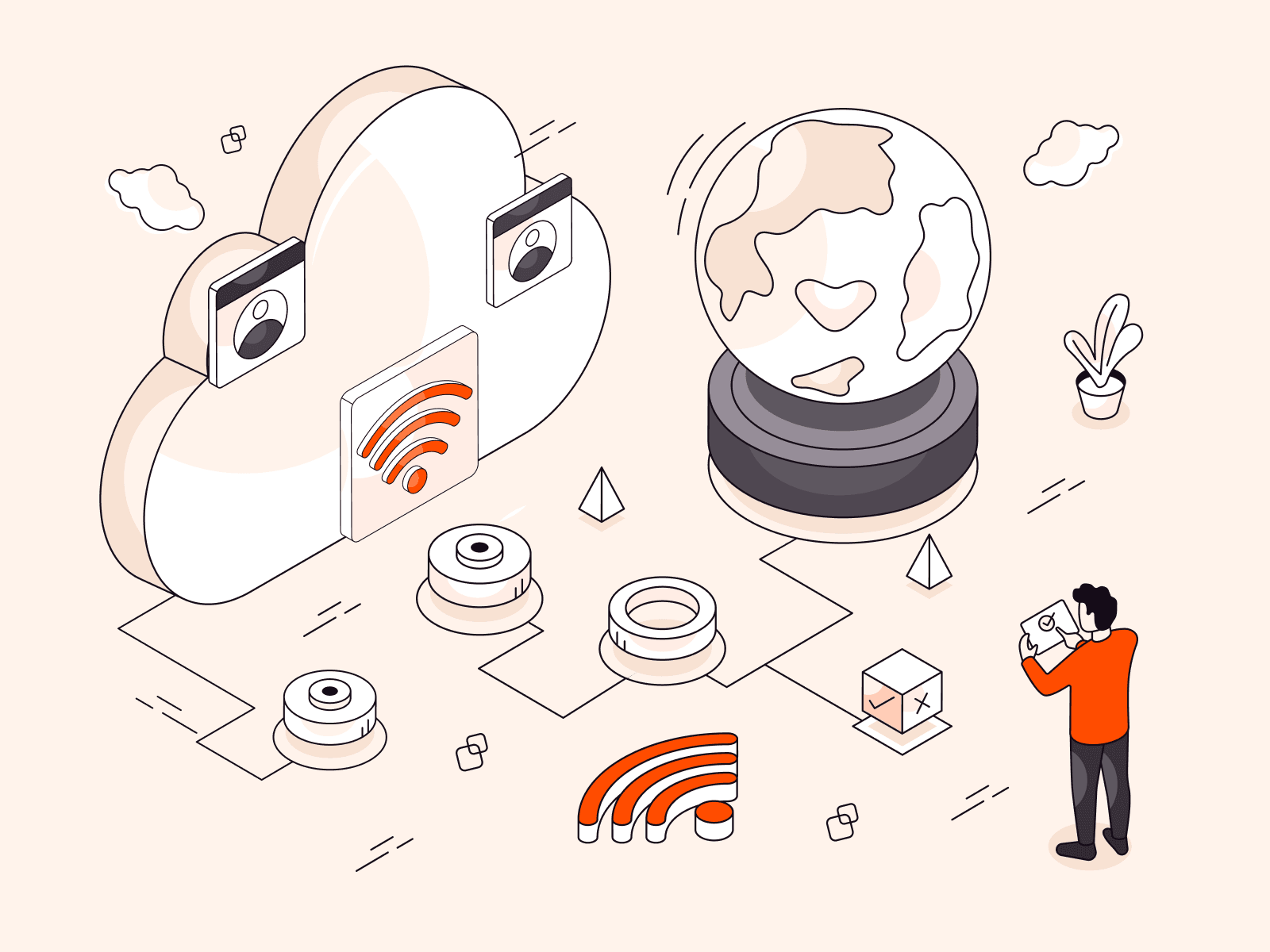Embrace the enhanced features and improved functionality of Debian 12 as we guide you through a seamless upgrade from Debian 11. Navigating through a system upgrade can often bring forth a myriad of questions and possible challenges. However, our comprehensive guide aims to demystify the upgrade process, ensuring you experience minimal downtime and a hassle-free transition. Whether managing a server or maintaining a personal system, our step-by-step walkthrough will equip you with the knowledge and confidence to upgrade your Debian system efficiently and effectively, ensuring you harness the utmost potential from your upgraded operating system.
Process to Upgrade from Debian 11 to Debian 12
Follow this detailed procedure to seamlessly upgrade your system from Debian 11 to the latest Debian 12 version. See the steps below:
#1 Backup Your System
Always ensure to have a complete backup to prevent data loss.
#2 Update & Upgrade Current System
Ensure your Debian 11 is fully updated.
sudo apt updateUpgrade the system:
sudo apt upgrade && sudo apt full-upgrade#3 Update the Repository Information
Update the repository to point to Debian 12.
sudo nano /etc/apt/sources.listExample Change (modify all entries similarly):
deb http://deb.debian.org/debian/ bullseye mainto:
deb http://deb.debian.org/debian/ [NEW_RELEASE_NAME] main#4 System Upgrade
Update package database:
sudo apt updateUpgrade packages:
sudo apt upgradeFull upgrade:
sudo apt full-upgrade#5 Cleanup and Reboot
Remove unneeded packages:
sudo apt autoremoveReboot:
sudo reboot#6 Verify the Upgrade
lsb_release -aExpected Output:
Distributor ID: DebianDescription: Debian GNU/Linux [NEW_RELEASE_NAME]Release: 12Codename: [NEW_RELEASE_NAME]Important Notes
- Always refer to the official Debian documentation for major updates.
- Validate application and system functionality post-upgrade.
- Ensure drivers and custom configurations are compatible with the new release.
That’s it! Congratulations on upgrading your Debian 11 to Debian 12. Once Debian 12 is released, the exact procedures, codenames, and potential nuances will be detailed in the official release notes. Always ensure you refer to the most up-to-date and official sources when performing a system upgrade.
Conclusion
Want to run Debian on a virtual machine? With Gcore Cloud, you can choose from Basic VM, Virtual Instances, VPS/VDS, or Bare Metal servers suitable for Debian:
- Gcore Basic VM offers shared virtual machines from €3.2 per month
- Virtual Instances are virtual machines with a variety of configurations and an application marketplace
- Virtual Dedicated Servers provide outstanding speed of 200+ Mbps in 20+ global locations
- Bare Metal offers the ultimate in server power and performance with an entire server dedicated to your needs alone
Related articles
Subscribe to our newsletter
Get the latest industry trends, exclusive insights, and Gcore updates delivered straight to your inbox.

